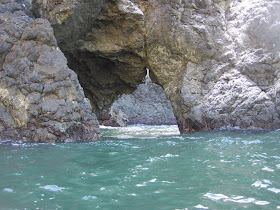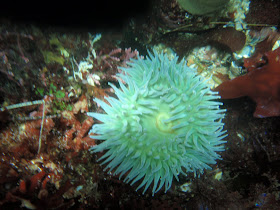 Here are two of my favorite poems by William Butler Yeats, early and particularly Celtic poems. The Irish poet strums the mythic harpstrings here, his melodies bright and piercing. I've always felt a bit haunted by Fergus' chariot and Niamh's calling.
Here are two of my favorite poems by William Butler Yeats, early and particularly Celtic poems. The Irish poet strums the mythic harpstrings here, his melodies bright and piercing. I've always felt a bit haunted by Fergus' chariot and Niamh's calling.
WHO GOES WITH FERGUS?
Who will go drive with Fergus now,
And pierce the deep wood's woven shade,
And dance upon the level shore?
Young man, lift up your russet brow,
And lift your tender eyelids, maid,
And brood on hopes and fear no more.
And no more turn aside and brood
Upon love's bitter mystery;
For Fergus rules the brazen cars,
And rules the shadows of the wood,
And the white breast of the dim sea,
And all dishevelled wandering stars.
THE HOSTING OF THE SIDHE
The host is riding from Knocknarea
And over the grave of Clooth-na-bare;
Caoilte tossing his burning hair,
And Niamh calling Away, come away;
Empty your heart of its mortal dream.
The winds awaken, the leaves whirl round,
Our cheeks are pale, our hair is unbound,
Our breasts are heaving, our eyes are agleam,
Our arms are waving, our lips are apart;
And if any gaze on our rushing band,
We come between him and the deed of his hand,
We come between him and the hope of his heart.
The host is rushing 'twixt night and day,
And where is there hope or deed as fair?
Caoilte tossing his burning hair,
And Niamh calling Away, come away.
P.S. If you feel you need more, well, Yeats' poetry, prose, and dramas are easy to find. "The Stolen Child" is your best next step.

 Or, the texture of bliss. (Kayaking will push those blues away.)
Or, the texture of bliss. (Kayaking will push those blues away.)































